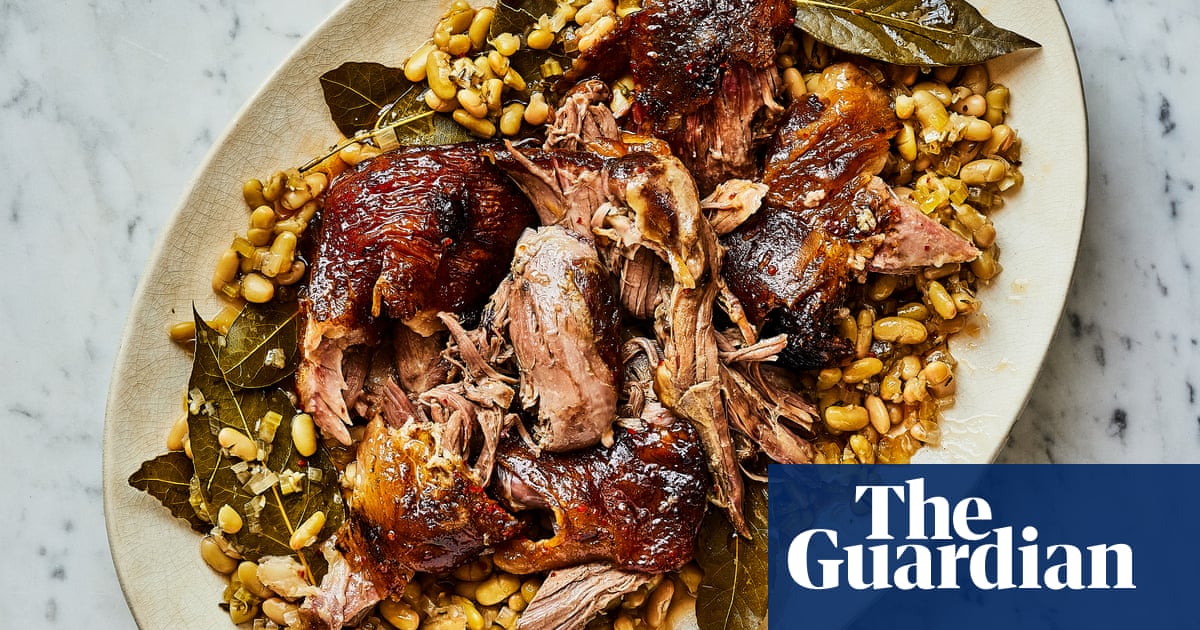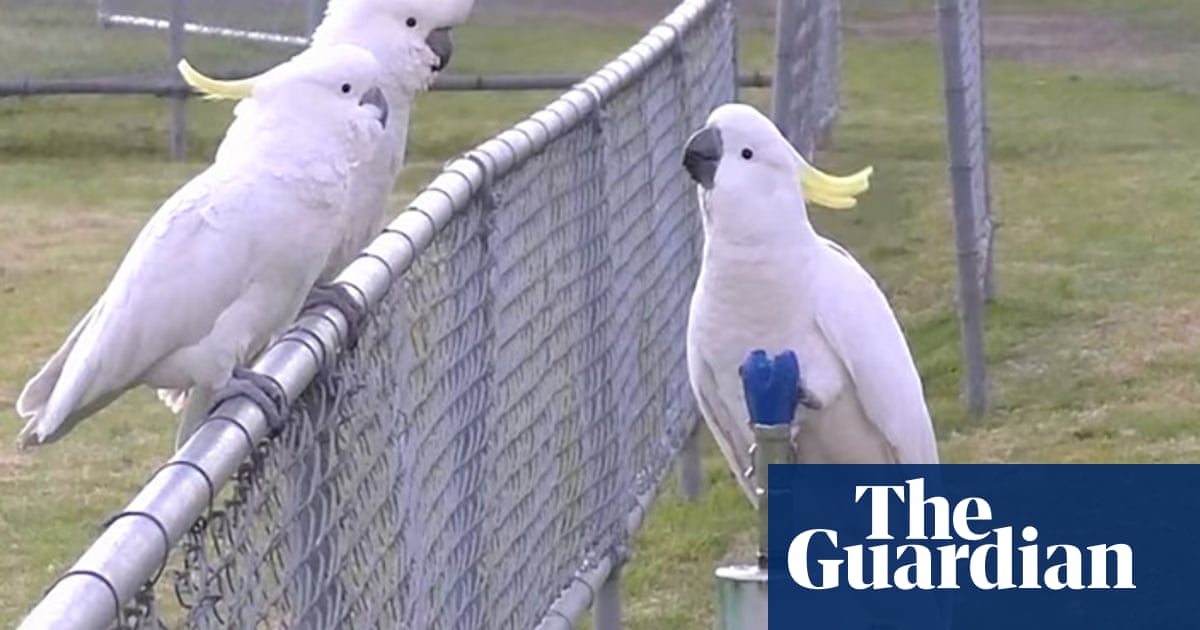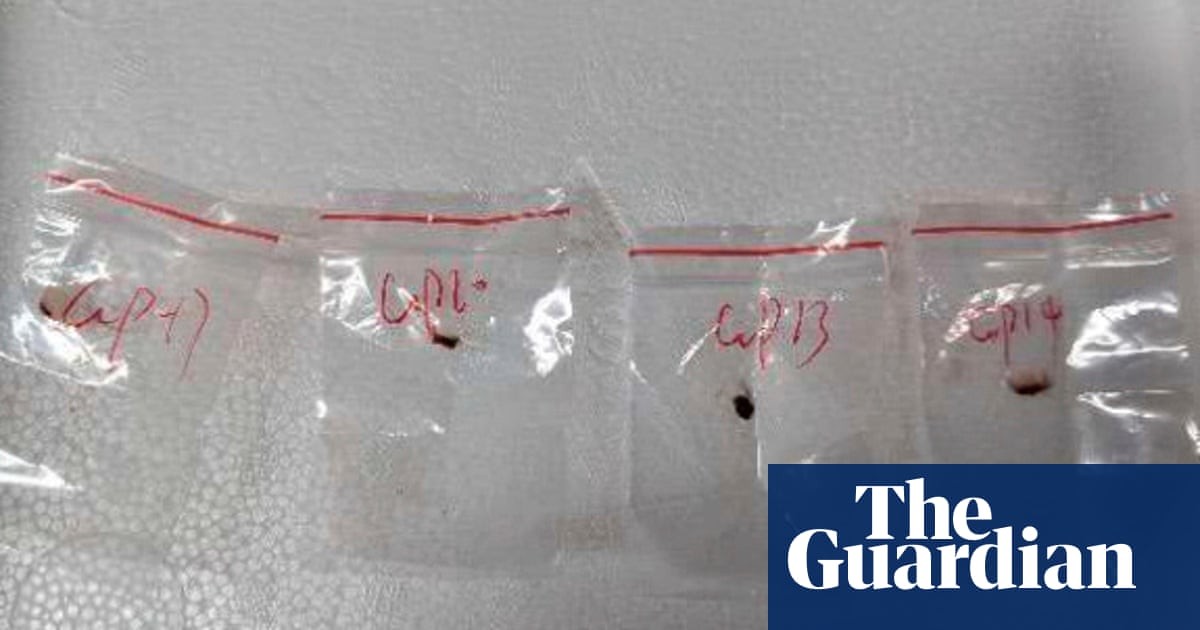It does not take long for a crowd to gather when the Jail Time Records van pulls up to the kerb and starts blasting music in Cameroon’s port city, Douala. Set up not just to play music but as a mobile recording studio, too, the van passes through the city’s poorer neighbourhoods, offering the microphone to Douala’s aspiring but unguided young musicians.
The goal is to scout for new talent while also helping out young people in areas plagued by drugs and crime.
“We go to the ghettos with the mobile recording studio, start blasting the music and open the mic up for freestylers. More and more young people start gathering and freestyling. They want to be part of it,” says Steve Happi, co-founder of Jail Time Records – a label that started in Cameroon’s prisons.
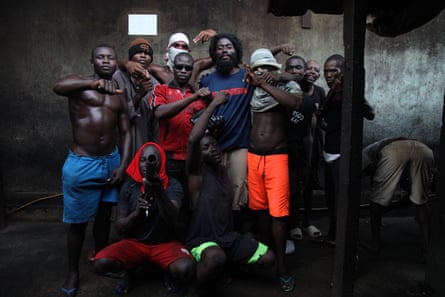
Since 2019, Jail Time Records has been operating in Cameroon’s toughest prison, helping inmates to find a creative outlet and even launch a career in music.
The project’s success has meant the authorities in Burkina Faso are also allowing the label to operate a music project from Ouagadougou’s prison there but the team wanted to expand what they do in Cameroon by reaching some young people before they end up in prison.
Happi says: “The reality is the only older brother figures they have to look up to from the ghetto are mostly the drug dealers, so they are growing up in the hands of criminals. Our goal with this project is to put up a hand and say we can go in another direction too.”
Many of the young people disappear down the backstreets soon after their freestyling, never seen by Happi again, but occasionally they come across a talent that they can bring back to the studio. In time, they hope to release an album of songs from the street sessions.
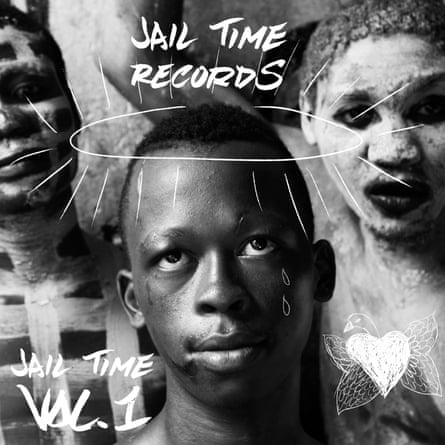
Happi’s task is not easy – some of the young people are difficult to track down because they do not have phones or they have sold them because they need money.
He is also tussling for influence with the negative forces in the city, especially the phenomenon of “microbes” – gangs of dozens of youths who often mob parts of the city, attacking people and stealing. It is an issue that has got worse with the rising influence of drugs and gangs in Douala, he says.
after newsletter promotion
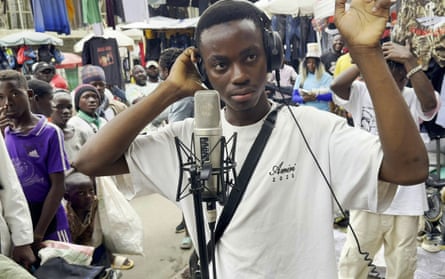
But for young people such as one 21-year-old who records under the name Diblaq, this is the opportunity they have been waiting for.
“The street freestyles allowed me to develop my music in a new way. My environment isn’t really favourable to my growth but I used to struggle to save up some money and then head straight to the studio,” says Diblaq.
“Now, with Jail Time Records, I have access to a recording studio for free. Creating music gives me a certain freedom, allows me to express myself and share my feelings with those around me.”
Happi knows there is talent in the neglected corners of Douala but that when recording costs are too much for most, talented young people can have their lives derailed by small mistakes, such as drug possession, which can lead to harsh prison sentences. It is in jail that many pick up far worse habits.
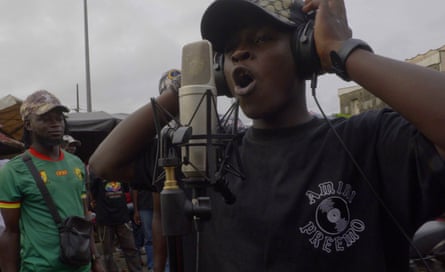
The aim of the project is to start helping young people at every stage, by giving them guidance and hope before they end up in jail, in addition to the work they were doing with those already in prison and those who have been released.
That work has helped people such as KMB, who came across Jail Time Records when imprisoned as a child but now, aged 21 and out of jail, is trying to use music to steer clear of prison.
“It’s difficult in this environment to find work and stay out of trouble because I grew up in a poor area and have been involved in criminal activities,” says KMB. “The project helps me to record my music and pursue my passion and avoid going back to my old demons.”

 1 day ago
12
1 day ago
12


